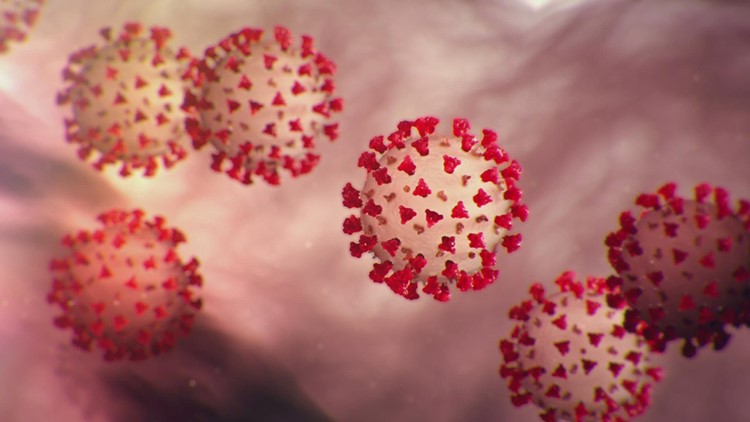CHARLOTTE, N.C. — The first case of the COVID-19 variant of concern omicron was detected in California on Wednesday. The CDC reports the case was first discovered in someone who traveled from South Africa to the United States on Nov. 22.
In the Carolinas, health officials still say there is no need to panic, but there is a need to prepare.
“I don’t think my level of concern right now is any different than it was for example this morning before the announcement,” Dr. Brannon Traxler, the South Carolina Public Health Director said.
Traxler and others are urging people who have not been vaccinated yet to start the process and for those who have to get a booster shot. They say it’s a sure way to get some protection from omicron.
Omicron still hasn’t been detected through genomic sequencing in North or South Carolina, but officials say that could easily and quickly change.
“When given the opportunity and time, viruses are going to mutate," Traxler said. "That’s what they do to survive. Our best offense is to ensure that we are fully vaccinated, get our booster shots, use masks when appropriate and other disease mitigation efforts that we know work."
Omicron has a lot of changes in its genetic code, which could present a challenge. Researchers now trying to learn if our current vaccines will protect against it.
Cynthia Gibas, a bioinformatics and genomics professor at UNC Charlotte, said omicron has mutations that haven’t been seen before. She is running the lab sequencing positive COVID-19 tests in Mecklenburg County.
“They slightly changed the shape of the molecule," Gibas said. "That’s why your antibodies that you have from the older virus versions might not be as good at this one because it’s a little bit of a different shape, your antibodies don’t quite recognize it as well."
In North Carolina, 58% of the eligible population is fully vaccinated while 50% is in South Carolina. Getting vaccinated or boosted while omicron isn’t widespread can still help.
The overwhelming majority of tests sequenced in the Carolinas are delta, and research shows the vaccines protect against that variant.
“That’s why it’s important for everyone to do these protective mechanisms," Traxler said. "We don’t know [the] degree to which the current vaccines are protective against omicron, but they are likely to at least be somewhat protective. ... There is a continuum, it is not an all-or-none phenomenon when it comes to these vaccines.”
Health experts said it could be a few more weeks before there are answers on how severe this variant could be and how the vaccines work against it. If needed, new vaccines could be developed in about three months.
Contact Chloe Leshner at cleshner@wcnc.com and follow her on Facebook, Twitter and Instagram.



